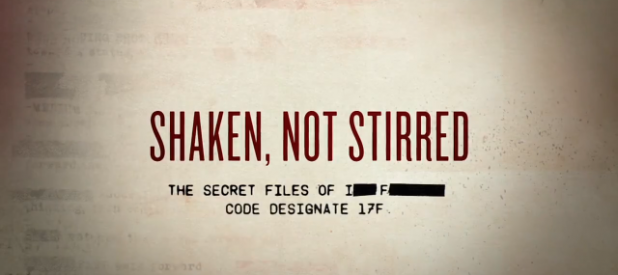When we’re learning something new, we like to think that our progress will happen in a straight line.
But progress is rarely linear, is it?
Sometimes we feel discouraged about our progress and try to cheer ourselves up by saying, “well, two steps forward, and one step back.”
It helps is normalize our feelings about how things are going.
Other times it can feel like we’re just going around and around in circles, never getting anywhere or improving. It’s easy to get disheartened when it feels like that.
The spiral path
A long time ago, when I designed the logo for my old website, I had an idea about how our learning and growth DOES seem to have a cyclical nature to it.

But my observation was that on every pass around that circle, I felt myself moving closer and closer to the core of what I was learning, whether it was a new skill for work or a change in my personal growth.
I’ve written before about mindset and the value of approaching things from the perspective of learning and experimentation versus “failure”.
This “spiral path” perspective has been hugely helpful for me in recognizing that when I find myself thinking, “crap, am I HERE AGAIN?”, it may actually be that I’m revisiting a familiar place in my path of learning — but at a deeper level.
The core of truth
Sometimes people like to see the spiral moving outward — if that works best for you, great!
My take is that there’s a core of truth and (self-)knowledge that we’re moving closer and closer to over time — as long as we’re paying attention.
For example, as I’m learning to improve my screenwriting skills, I’m finding myself making mistakes I was making a year ago. I could decide that I’ve “failed” or that I’m not improving, OR, I can choose to see my knowledge and recognition of the mistake as being one “pass” closer to being able to no longer make that mistake because now I understand it and notice it, which is the first step toward making a change.
The levels of mastery
One of my other favorite tools for understanding the learning process is the levels of mastery.
There are four levels of mastery we move through:
- Unconscious incompetence: Where we DON’T KNOW what we don’t know, and we’re making mistakes over and over again that we don’t even recognize, except perhaps in the sense that things “just aren’t working”.
- Conscious incompetence: This is when we KNOW what we’re doing “wrong” but we struggle with changing it. This is one of the most uncomfortable stages of progress and learning, because we can see where we want to be, but we just can’t quite get there.
- Conscious competence: When we reach this stage, we know what to do and we know how to do it. But we still have to THINK our way through it, step by step. It feels better, because we’re getting the results we want, but we have to plod away at it bit.
- Unconscious competence: This is the blissful level of mastery where we’ve reached the inner core of knowledge and we no longer even have to think about what we’re doing, we just do it.
If you think back to learning to drive a car (or write a screenplay!), you can see how these four levels can play out.
- At level one, unconscious incompetence, you might have argued with your dad when he was trying to teach you how to drive, thinking you knew better than him — but guess what? You didn’t, and you bumped the car into that dumpster he TOLD you that you were going to hit (that never happened to me :) ).
- At level two, conscious incompetence, you had the basic ideas down, but the darn car kept popping into the wrong gear when you shifted and it would lug across the middle of the intersection and all the other cars had to wait (that never happened to me either :) ).
- At level three, conscious competence, you knew what you were doing, but you still had to think about every little detail, in a kind of running commentary in your mind, like this: “Okay, now check the mirrors and the blind spots, make sure there’s no one there, turn on the turn signals, check the mirrors again, merge over carefully, turn off the blinkers”, etc.
- At level four, unconscious competence, it’s easy. Now you just drive — like you’re on autopilot.
The levels of mastery and the spiral path
My sense is that as we move farther “up” the levels of mastery, we’re making sweeps around that cyclical path, moving ever closer to that core of knowledge, which we could also call “unconscious competence”.
The beauty of this perspective is understanding that we HAVE TO make a lot of “mistakes” and “fail” frequently in order to learn, and we can trust that as long as we hold on to our goals and determination, keep doing the work, and are willing to stay in the discomfort of learning, we can and will get better and better at what it is that we’ve set out to do, whether it’s writing at a new level, learning a new skill, working on our relationships, or raising the bar in our work.
Thanks for reading!
I always love to hear what you think in the comments.
Warmly,












